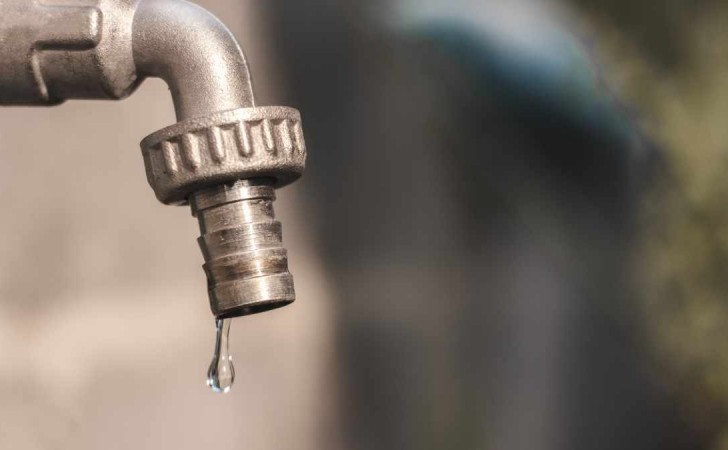
The National Administration of State Sanitary Works (OSE) has made the decision to implement an increase in 7% in their rates, effective as of January 2025. This measure was approved by the board of directors of the public company and is subject to the approval of the Executive power to come into effect.
This rate adjustment is added to the increases already defined by other state companies such as Antel and UTEwho have also set their own increases for next year. The OSE adjustment, which will exceed the rate of inflation scheduled for 2024, comes amid an economic outlook in which the government projects that inflation will close slightly above 5%.
Internal disagreements over the increase
The approval of the 7% increase was not unanimous, as it generated disagreements both within OSE and between the representatives of the different parties. The president of OSE, Raul Monteroand the vice president, Susana Montanervoted in favor of the increase, arguing the need to adjust rates in the face of the growing inflation.
However, the director of Broad Front (FA), Diego Pastorinwas against, considering that the increase was excessive compared to the increase in the cost of living.
This difference in opinion reflects the political tensions that often accompany public tariff decisions, especially in a pre-election climate. The distances between the representatives of the current government and those of the next are a clear example of the challenges that OSE faces when implementing new adjustments.
UTE and Antel also welcome the new year with rate increases
The rate increases proposed by other entities in the energy and telecommunications sector have been more moderate. UTE plans an average increase of 3% for their rates, which is lower than the figure approved by OSE. This adjustment has already been presented to the corresponding authorities and is expected to be validated shortly.
For its part, Antel will advance with an average increase of 5%which also represents an adjustment that remains below the inflation projection for next year. This means that, although rates increase, they will do so at a rate that will not match the growth in the cost of living projected by the government.
It is estimated that the rates for residential consumption in the state company UTE will see an approximate adjustment of the 3.30%while the big consumers could face an increase of up to 5%. In the case of Antel, internet service users will pay larger increases, with an adjustment of the 7%although there will be a notable reduction in 34% for residential landline telephone users.




















